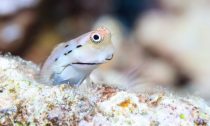
The foundation of massive, flashy and dazzling coral reefs may be a group of fish almost too small to see. New research suggests a group of fish species called cryptobenthics are the fuel that feeds coral reef ecosystems. Most cryptobenthic fish weigh just a fraction of a gram each—but they make up more than half of all fish flesh consumed on reefs each year, says study leader Simon Brandl, a postdoctoral researcher in marine ecology at Simon Fraser University.
Millions of humans rely on bigger reef fish for food, but how reef ecosystems sustain such a bounty of species in tropical oceans that are low in plant nutrients has been a longstanding mystery that the new work could help explain.
“It’s actually frustrating how little we know as scientists about coral reef ecosystems,” s...
Read More









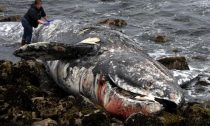
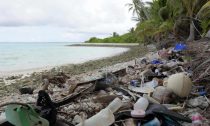
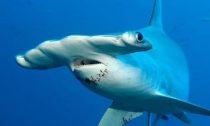
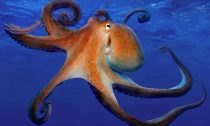
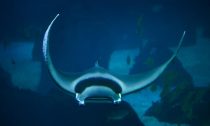
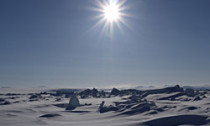
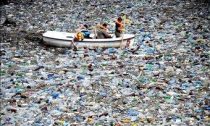
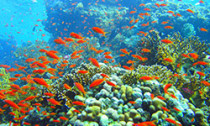
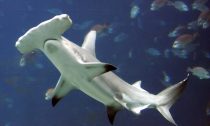

Social Profiles